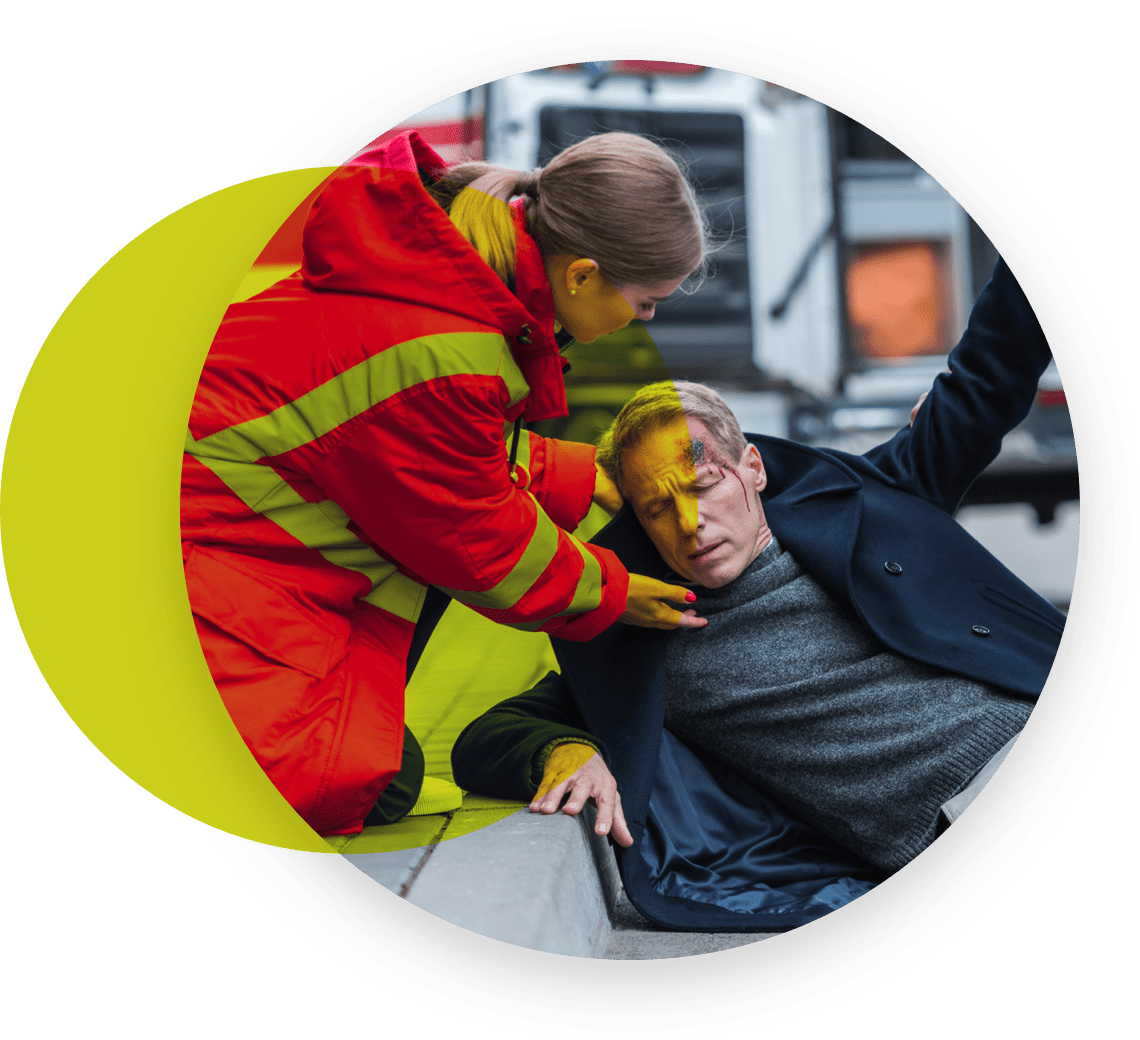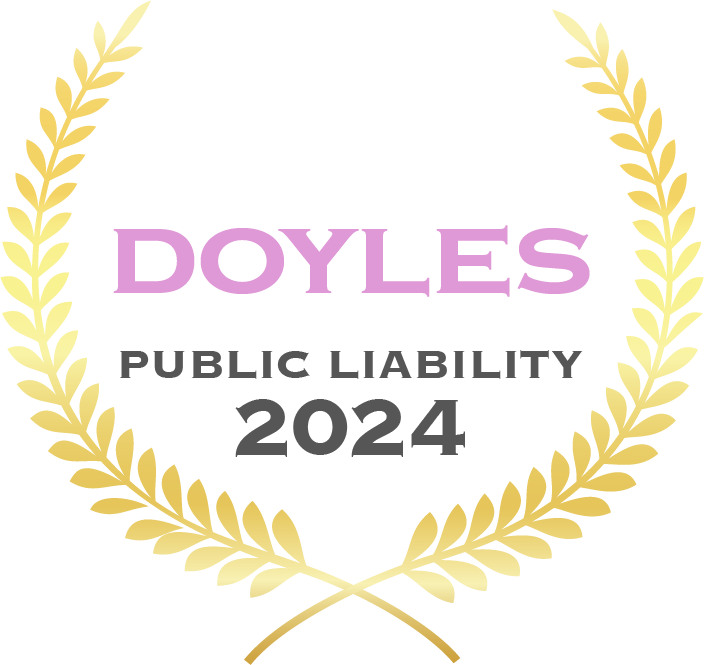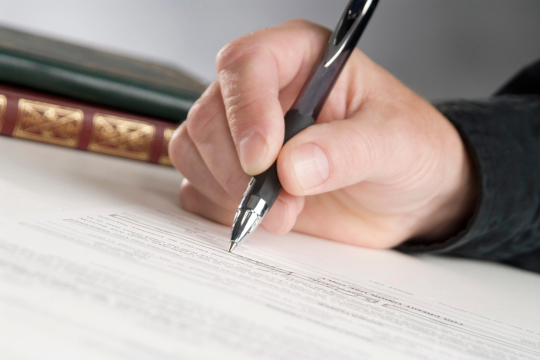Have you injured yourself
on public property?
Suffering an injury through a slip, fall or accident in public can be embarrassing
and stressful. You may have the ability to claim compensation.
Getting you on your feet again
Slips, trips and falls most commonly occur in supermarkets, restaurants, shopping centres, people's homes and on footpaths. If you have been injured as a result of someone else's negligence, such as slippery and wet floors, poor construction, uneven surfaces resulting from cracks in the floor or footpath or obstructions on the floor, we will advise you on seeking compensation.
If it can be proved that the slip, trip or fall was at least partly someone else's fault, you may still be entitled to recover damages.

Understanding the duty of care
Slips, trips and falls most commonly occur in supermarkets, restaurants, shopping centres, people's homes and on footpaths. Owners of supermarkets, restaurants, and shopping centres have a duty to provide and maintain a safe environment. If the slip, trip or fall occurred in a common area such as on a footpath or in a public park, the local council also has a duty to provide and maintain a safe environment.
If a slip or fall occurs at someone else's property or residence, the owners also have a legal obligation to keep their property reasonably safe. If the slip or fall occurs on a rental property, the landlord has a legal obligation to provide a reasonably safe property for its tenants.
Slips, trips and falls can regularly occur for a variety of reasons, including:
- Slippery and wet floors caused by poor cleaning systems or spillages;
- Uneven surfaces resulting from cracks in the floor or footpath;
- Poor construction;
- Obstructions on the floor such as cords, boxes and stock.

The road to recovery
Initially, seek medical advice to establish the extent of the injuries. It may then be appropriate to seek legal advice. The specific circumstances surrounding the slip, trip or fall will determine whether or not you will have a claim, and potentially be able to recover damages (compensation).
To be successful, you must prove that the injuries sustained were caused by someone else (negligence). This may be the owner or occupier of the premises where the slip or fall occurred or the local council if it occurred in a public place.
It is possible that you may have contributed to your own injuries if you had failed to care for your own safety. However, if it can be proved that the slip, trip or fall was at least partly someone else's fault, you may still be entitled to recover damages. If you have contributed to your own injuries, then a percentage will be deducted from any award of damages which has been made.
Understanding time frames
You have three years to commence common law proceedings from the date of the injury.
No win, no fee
Our injury law team offers ‘no win, no fee’ in most public liability matters. We offer all our new clients a no cost and obligation free first appointment and would be happy to discuss how we can assist you further during this time.
Speak with a senior personal injury lawyer.

Harry Gill.
Founding Principal.
Jeremy King.
Principal.
- Injury Law & Police Misconduct
- 03 9890 3321
- Email Address: j.king@robinsongill.com.au
Lisa Paul.
Principal Lawyer.
You may also need to consider:
View OptionsMaking an insurance claim against your superannuation fund
Depending on your situation, you might be entitled to benefits through your superannuation or other insurance policies.
More on superannuation and TPD claimsUpdate your will
It can be a good idea to change your will (or draft your first will) after an injury or after receiving compensation. Our Wills team can offer a complimentary review of your existing will.
Review my willResources & FAQs
Answers to common questions in
relation to the expertise.
WorkCover: You cannot be serious!
John McEnroe’s famous edict can strike a shiver down the spine of any plaintiff personal injury lawyer. This is because proof of ‘serious injury’ is the threshold for making a common law claim for damages under either the WorkCover or TAC schemes.










